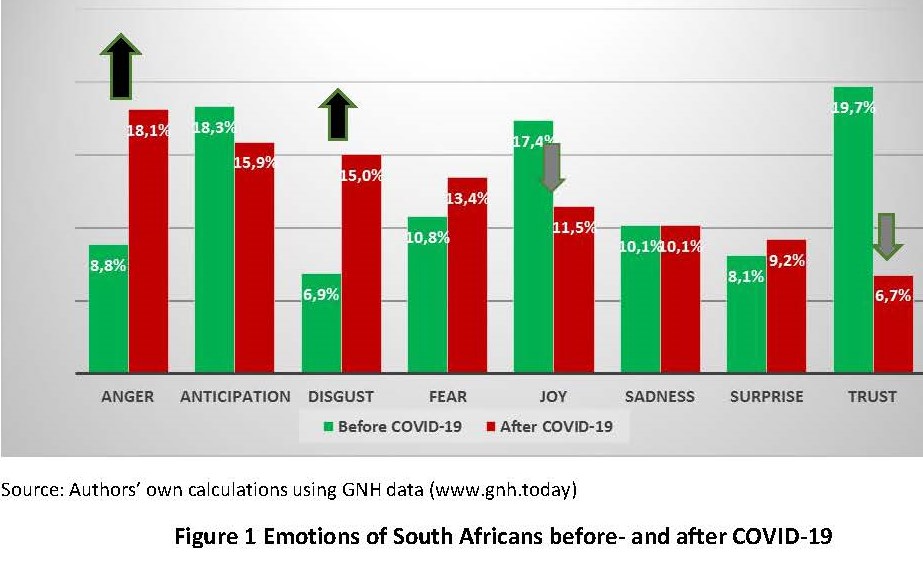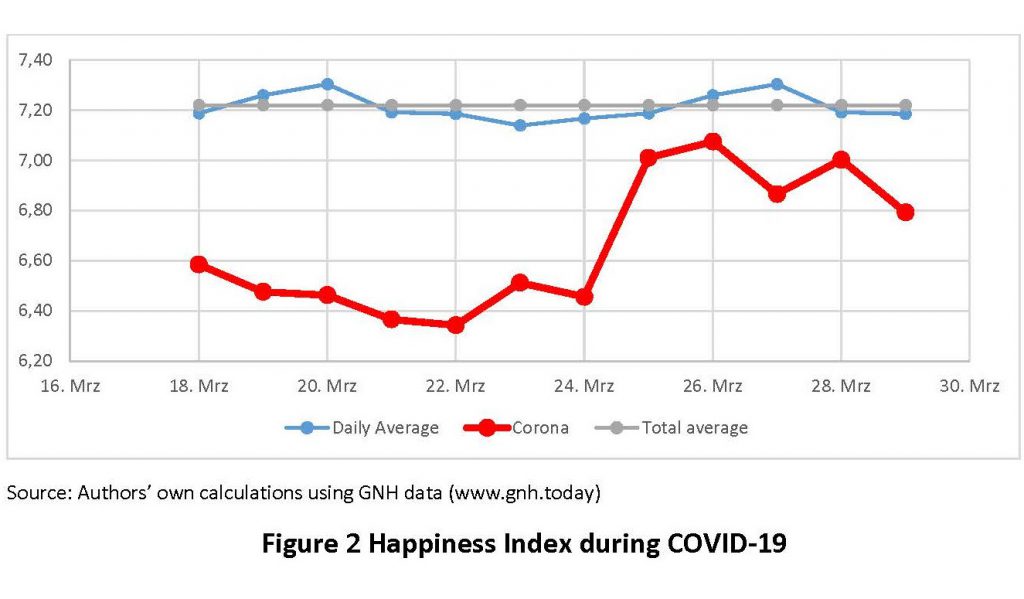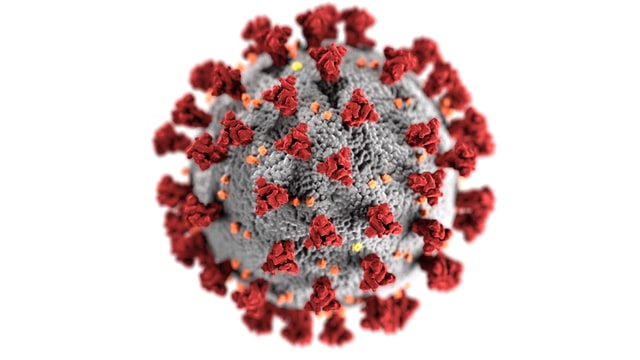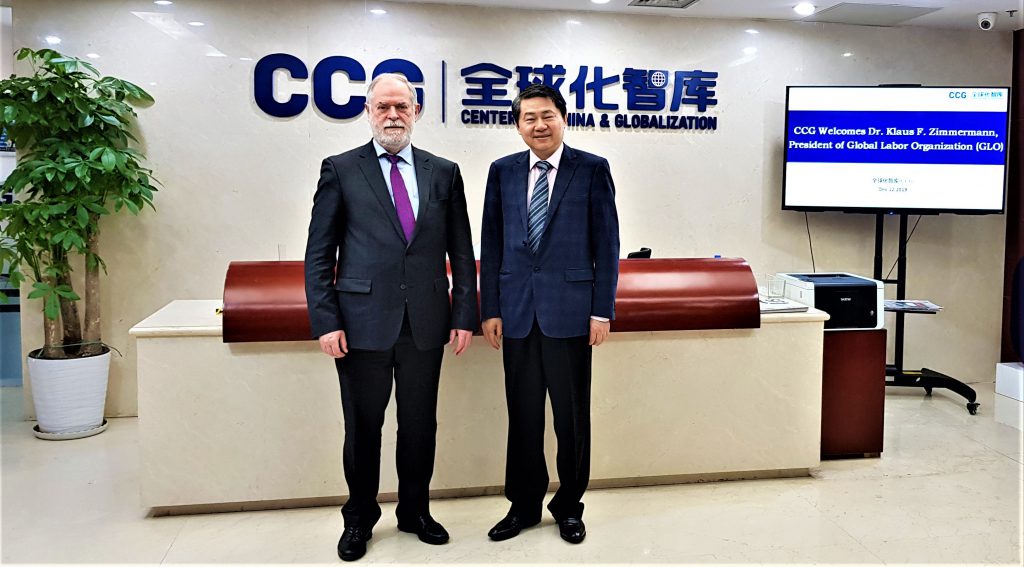Wie die Prognostiker in der Finanzmarktkrise können heute die Virologen noch nicht viel über das neue Virus wissen. Deshalb ist nicht überraschend, daß nach einer Periode des Zögerns der Herdeneffekt des Handelns einsetzt. Sobald der/die Erste losrennt, weil sie/er glaubt, etwas zu wissen, finden sich andere, die folgen. Das verstehen alle als Wissen und rennen hinterher. Wir haben ja nicht viel dazugelernt. Deshalb bleiben bereits heute alle zuhause; und alle tragen morgen Gesichtsmasken.
Gerade wer die Gefahr sehr Ernst nimmt, muß sorgfältig abwägen. Warum gab es keinen frühzeitig organisierten internationalen Erfahrungsaustausch über die Ansteckungsprozesse, Erhebung von Individualdaten im laufenden Prozeß und flächendeckende Surveys mit Tests zur Verfolgung des Ausmaßes der Ansteckung? So ist die Datenlage für Regierungshandeln außerordentlich dünn, sie wäre noch dünner, gäbe es nicht die Johns Hopkins University. Die psychischen, sozialen und wirtschaftlichen Konsequenzen der inzwischen vollzogenen globalen “Lockdowns” sind dramatisch; es ist nicht unwahrscheinlich, daß sie die direkten Kosten des Virus bei weitem überschreiten. Langfristig wird es immer wahrscheinlicher, daß das Virus die bereits erfolgte Einschränkung der Globalisierung mit den negativen Konsequenzen für die Weltwohlfahrt dauerhaft verstärkt.
Nun ist der Fehler gemacht und wir müssen zunächst sehen, was aus den jetzigen “Lockdowns” gelernt werden kann. Natürlich müssen die medizinischen Kapazitäten unbedingt massiv hochgefahren werden. Aus den Erfahrungen alternativer Strategien wie in Südkorea und Schweden sind Schlüsse zu ziehen. Entscheidend ist aber zu verstehen, wie unter der zunächst weiteren Abwesenheit eines Impfstoffes wirtschaftliche Produktion mit der Identifizierung und Sicherung der Problemgruppen und ihrer Betreuer raschmöglichst kombiniert werden kann. Zu registrieren, wer die Virusinfektion erfolgreich hinter sich hat und welche Jobs bei grundlegenden Verhaltensregeln relativ ansteckungsungefährlich sind, kommt entscheidende Bedeutung zu. Das Virus wird uns so schnell nicht verlassen. (KFZ)
Klaus F. Zimmermann, Wirtschaftsprofessor und Präsident der Global Labor Organization (GLO), äußert hier seine Meinung.

Referenzen
1. Debattenbeiträge aus dem GLO Netzwerk.
2. Gespräch mit Xi Chen von der Yale University über den Erfolg des chinesischen Lockdowns.
3. Gespräch mit Robert Sauer, Royal Halloway, University of London, über seine Forderung nach dem sofortigen Ausstieg aus den globalen Lockdowns.
4. Gespräch mit Erik Lindqvist, Stockholm University, über die schwedische Coronavirus-Strategie. Medienreferenz.
5. Gespräch von Markus Lanz mit dem Virologen der Universität Bonn, Hendrik Streeck. ZDF-Sendung. Medienreferenz.
Ends;



















